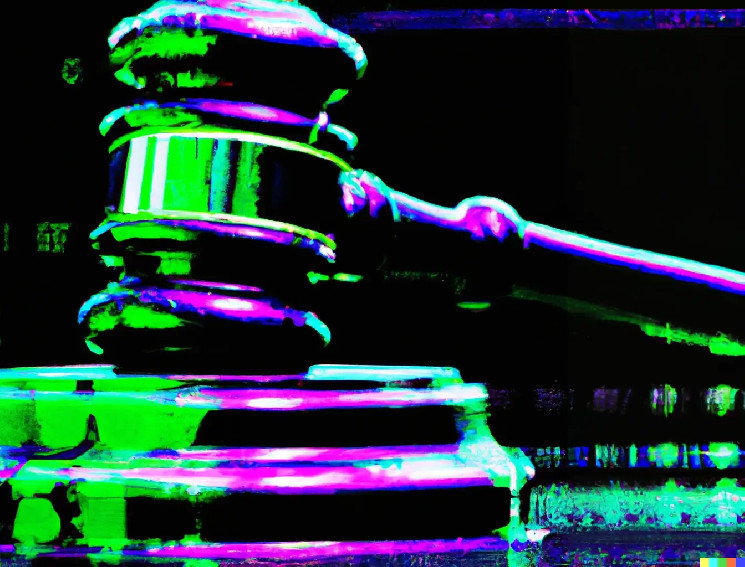The rising popularity of cryptocurrencies has brought up numerous questions, including whether they should be considered securities.
This article explores this question by examining the United States Securities and Exchange Commission’s (SEC) guidelines on what constitutes a security, the implications of these guidelines, and the potential future of cryptocurrencies.
Understanding securities
Securities are financial instruments that can be traded, such as bonds, stocks, derivatives, treasury bills, debentures, and mutual funds. They are typically well-regulated and require investors to be informed about their potential risks. Companies or governments issue these instruments for fundraising purposes.
The status of cryptocurrencies
The status of cryptocurrencies as securities has been a topic of debate and remains unclear. Although they are largely unregulated, crypto owners and exchanges in many jurisdictions are not free to carry out their operations as they wish. Instead, they must operate under financial laws and requirements that vary from jurisdiction to jurisdiction.
The Howey test
The SEC proposed the Howey Test to determine whether an asset or transaction is considered a security, which assesses whether an offering meets four criteria.
According to the Howey Test, for an asset to be considered a security, it must involve an investment of money in a common enterprise with a reasonable expectation of profits to be derived from the efforts of others.
1 – The first criterion is straightforward, as it requires that an investment in an asset that involves money. Investing in cryptocurrencies involves using money.
2 – The second criterion requires that the investment in should be toward the same enterprise. This criterion can be met through the involvement of third-party expertise. In the case of crypto lending services, where clients lend out their money and expect a fixed or variable profit based on how an exchange uses it, it may be seen as a form of third-party expertise involved in the process.
3 – The third criterion stipulates that the investment should aim to make a profit. This criterion is met by many crypto investors who invest to make a profit. However, stablecoins, such as USDT, which are used as a store of wealth, may not be classified as securities since their use is not intended for profit.
4 – The fourth criterion requires that the investor not be involved in making the investment work. In the case of cryptocurrencies, since no company is making an effort to make investments work, cryptocurrencies may not pass this test. However, stablecoins and cryptocurrency staking and lending services may pass this test, as they involve third-party involvement in ensuring investors’ profits. This is also debatable.
READ MORE: US Government Will Try to Cut Off Bitcoin Access Amidst Banking Crisis – Former Coinbase CTO
The implications
The SEC’s guidelines on securities have significant implications for cryptocurrencies. If cryptocurrencies are deemed securities, they may be subject to more stringent regulations, such as registration requirements, and investors may be required to be more informed about their risks.
Regulatory confusion in the cryptocurrency industry
The cryptocurrency industry has grown exponentially over the years, with thousands of new projects introduced and a total market capitalization of over $1.2 trillion for Bitcoin alone in November 2021.
Confusion still exists as to which cryptocurrencies should be registered as securities. For instance, the SEC charged BlockFi for not registering its interest rates account as a security since it involved an investment in money, and investors were promised varying interest based on exchange performance. The platform did not accept or deny the allegation, which cost it $100 million.
Another example is the ongoing lawsuit against Ripple Labs, with Ripple’s offense being releasing XRP, the native token of the network, for investment purposes and to raise funds for the company without registering the token as a security. The long-standing issue has also stunted the growth of XRP.
Coinbase has also faced probes for listing cryptocurrency assets that the SEC sees as securities. The assets include AMP, DDX, RLY, XYO, POWR, KROM, among others. The issue also forced the US-based arm of Binance to delist the AMP token.
Cryptocurrency regulation around the world
Cryptocurrency regulation is treated differently in various parts of the world. The asset class is legal in some countries where a lot of work is ongoing to determine their proper status.
The unclear regulatory status of cryptocurrencies makes the idea of widespread regulation seem far-fetched. As long as they are not regulated in one jurisdiction, making a case for their legal status in others will always be challenging. This uncertainty also affects how cryptocurrencies are used and traded.
As governments attempt to regulate crypto, they also consider general market risks involved in cryptocurrencies. For example, the irreversibility of blockchain transactions, which is not used in traditional finance, poses a risk. Additionally, many scams, hacks, and manipulation still make it challenging to protect investors sufficiently.
Despite the regulatory issues and risks involved in crypto, the industry is increasing in use cases globally. Blockchain technology revenue is also expected to have grown to $39.5 billion in 2025, according to Statista.
READ MORE: U.S. CFTC Dicusses DeFi at Technology Advisory Committee Meeting
Cryptocurrencies as securities
Cryptocurrencies are not generally regarded as securities, but the nature and use of many cryptocurrencies overlap SEC securities definitions. Furthermore, many cryptos are issued like stocks, and their way of generating funds for new projects is similar to an initial public offering.
The SEC continues to lead the charge for some regulatory control over various cryptocurrencies, expecting them to be registered as securities. This approach is viewed as controversial in the crypto world, and we don’t know what results it could yield.
Conclusion
In conclusion, regulatory confusion remains a challenge in the cryptocurrency industry. This uncertainty affects how the asset class is used, making widespread regulation seem far-fetched.
What the future holds for cryptocurrency regulation remains to be seen. Still, one thing is for sure: the industry is here to stay.
